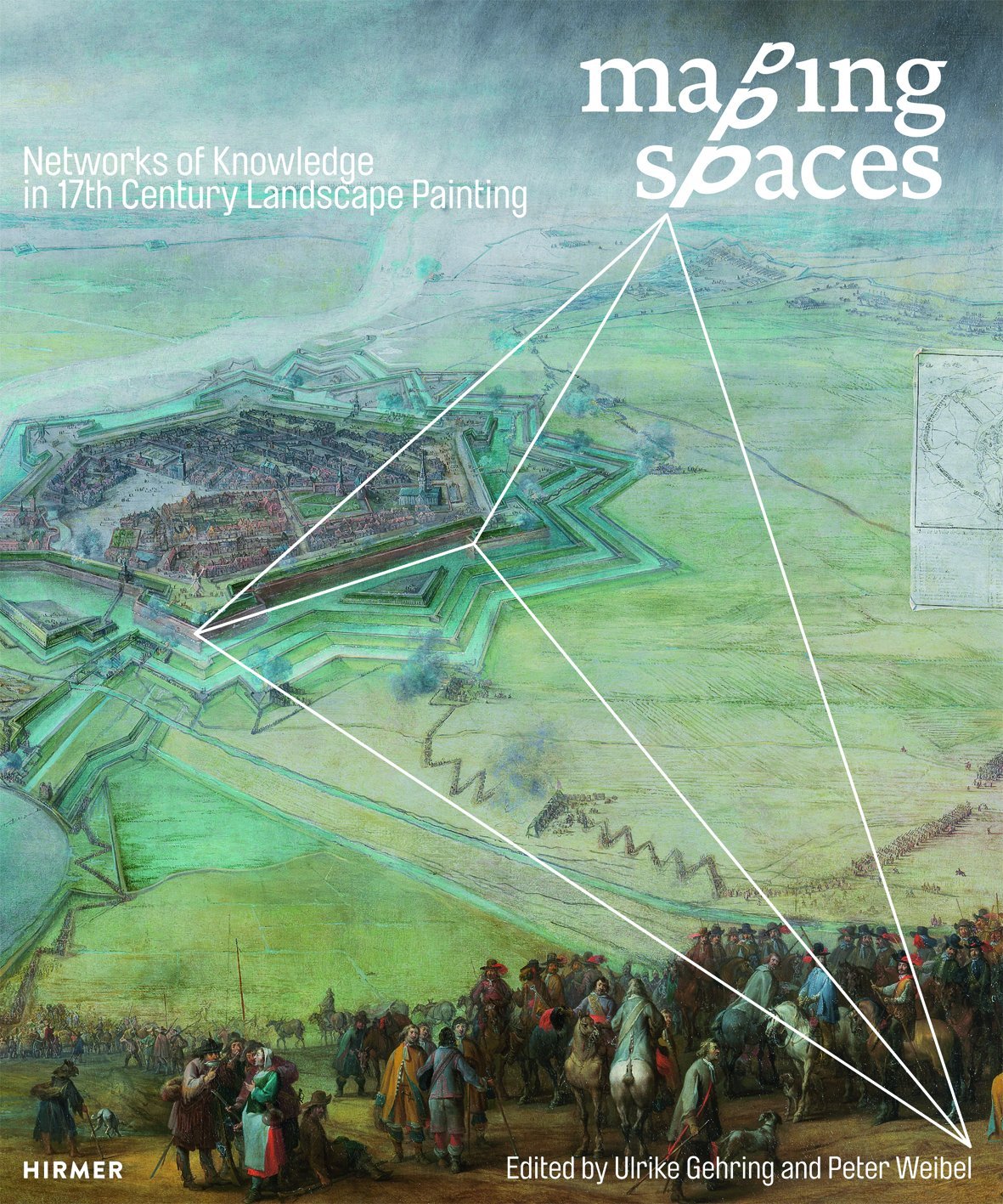The 44th International Film Festival Rotterdam will take place 21 January – 1 February 2015, and include Martin John Callanan’s Departure of All and Text Trends, and Thomson & Craighead’s Flipped Clock in the Signals: 24/7 programme.
24/7 will focus on the changing world & technology, and how the attention economy is affecting our lives, how we consume information and how it dominates not only our waking but also our sleeping moments. Our experience of time is mutating at the speed of light, due to the glass fibre and wireless networks that keep us entangled. How this affects our sense of reality now and its impact in the near future is one of the most important discussions in the world today.
In the late 1990s, when Google was barely one year old and was still a privately held company, its future CEO, Dr. Eric Schmidt was already articulating the context in which such a venture would flourish. Schmidt declared that the twenty-first century would be synonymous with what he called the ‘attention economy’, and that the dominant global corporations would be those that succeed in maximizing the number of ‘eyeballs’ they could consistently engage and control.
24/7 is focussed on stimulating discussion on this ‘attention economy’, the global thirst for information and the daily data consumption and mass synchronisation of work and leisure rhythms which are synonymous with this. We are working, communicating and consuming whenever and wherever we happen to be in the world. Divisions between night and day, between rest and work are gradually disappearing. Our experience of time is mutating at the speed of light, due to the glass fibre and wireless networks that keep us entangled.
Therefore 24/7 forces the audience to step out of the cinema, into hotels. A hotel is just like a cinema, a place where one checks in to step out of the daily routine. They are open 24/7 and strongly associated with our need for sleep. While examining the ever-changing world of the 21st Century, this programme challenges the traditional notion of a film ‘slot’ by raising the question of what we now class as a ‘normal duration’.
Films in Signals 24/7
Departure of All at IFFR
Text Trends at IFFR
Signals: 24/7 programme PDF
Made possible with support from the British Council Travel Grant Fund
